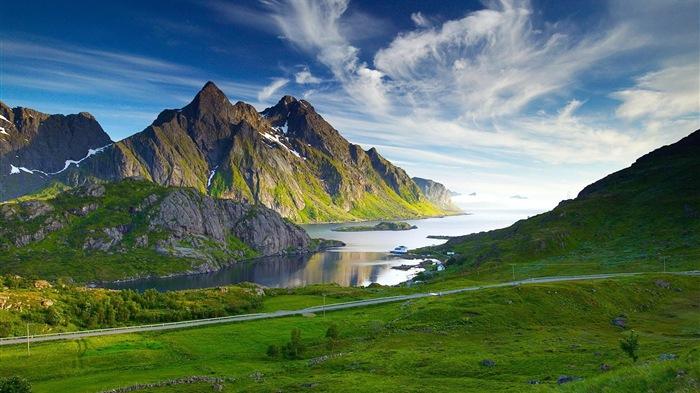New Year’s Eve is one of the most celebrated holidays in the world, with various traditions and customs that have evolved over time. The history of New Year’s celebrations dates back to ancient civilizations, and these celebrations have taken on different forms based on geographic and cultural influences. In this article, we will explore the deep roots of New Year’s Eve cultural traditions and how they have evolved over time.
The earliest recorded celebrations of the New Year date back to ancient civilizations such as the Babylonians and Egyptians. These celebratory rituals involved offering sacrifices, hosting feasts, and exchanging gifts to mark the occasion. The Babylonians are credited with being the first to hold festivities on the first two days of the year, which marked the start of their agricultural season. They also believed that the coming of the New Year was a time to pay off their debts and return borrowed items.
As civilizations evolved, so did the customs surrounding the New Year’s Eve celebrations. The Romans, for instance, began celebrating the start of the New Year on January 1st, following the adoption of the Julian calendar. This date was significant as it marked the day when consuls began their tenure and the beginning of winter in Rome. The Romans marked the occasion with feasting, gift-giving, and exchanging of visiting cards.
In the Christian calendar, New Year’s Eve is celebrated on January 6th, which is also Epiphany Day. This day is significant as it marks the end of the Christmas season and the arrival of the wise men in Bethlehem. It is celebrated with plays, carols, and gifts.
The most popular tradition associated with New Year’s Eve is the countdown to midnight. This tradition is said to have originated in the 19th century in New York City’s Times Square. The ball-drop ceremony is broadcast around the world and has become synonymous with the start of the New Year. Other popular customs associated with the occasion include fireworks, parties, and resolutions. People use the occasion to reflect on the past year, make resolutions for the coming year, and spend time with loved ones.
In conclusion, New Year’s Eve cultural traditions have deep roots that can be traced back to ancient civilizations. These customs have evolved over time and have been influenced by geographic and cultural differences. Although the celebration customs vary across different cultures, the essence of the occasion remains – marking the end of one year and the start of another. It is a time to reflect on the past and look forward to the future, a celebration of hope, new beginnings, and camaraderie.
(Note: Do you have knowledge or insights to share? Unlock new opportunities and expand your reach by joining our authors team. Click Registration to join us and share your expertise with our readers.)
Speech tips:
Please note that any statements involving politics will not be approved.
